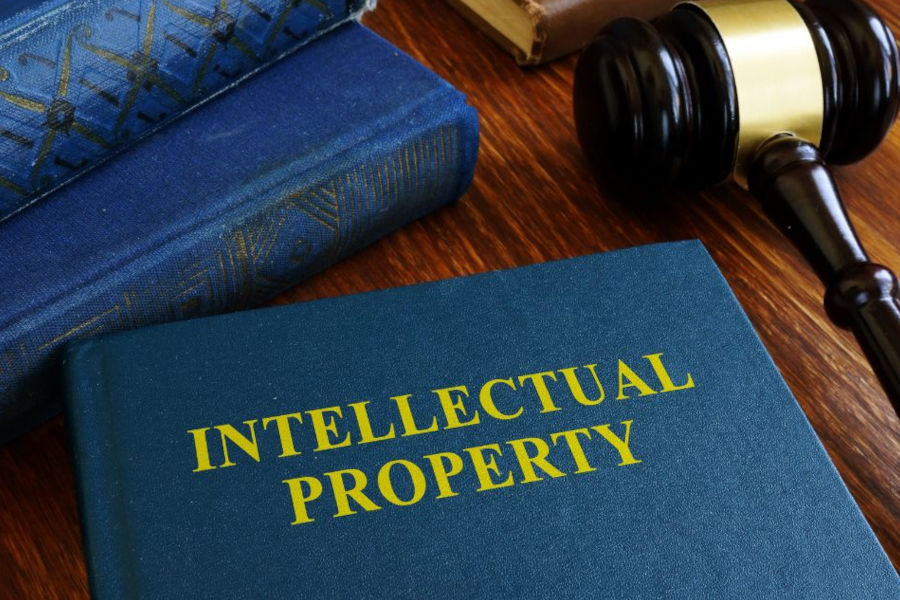Dividing intellectual property in a divorce can be complex, especially involving states like Colorado (CO) and Minnesota (MN). Intellectual property includes creations such as inventions, literary and artistic works, designs, symbols, names, and images used in commerce.
Understanding how these assets are treated in divorce proceedings in CO and MN is crucial for fair distribution.
Understanding Intellectual Property in Divorce
Intellectual property, like physical assets, can be considered marital property if created or acquired during the marriage. This includes patents, copyrights, trademarks, and trade secrets. Valuing and dividing intellectual property requires thorough analysis and often the expertise of financial professionals.
Courts will consider several factors, such as the creation date, ownership, and any income generated from the intellectual property.
Understanding State-Specific Laws in Colorado and Minnesota
In Colorado, the law requires equitable distribution of marital property, including intellectual property. This does not mean everything will be split 50/50 evenly. Instead, the division is based on a fair assessment considering various factors, such as each spouse’s contributions to the marriage, their financial situations, and the overall value of the property.
Minnesota also follows equitable distribution principles but has unique nuances, like considering non-marital property more strictly. In both states, if intellectual property was owned before the marriage but increased in value during the marriage, the appreciation may be considered marital property.
Valuation of Intellectual Property
Valuing intellectual property is a critical step in its division. This process often involves:
- Hiring Experts: Financial analysts, accountants, or valuation experts to assess the worth of the intellectual property.
- Market Analysis: Understanding the current market value and potential future earnings.
- Income Generation: Considering past, present, and future income that the intellectual property may generate.
- Cost Approach: Estimating the cost to create or replace the intellectual property.
Accurate valuation ensures a fair division, reflecting both current value and future potential.
Challenges in Dividing Intellectual Property
The division of intellectual property presents several challenges. First, valuing intellectual property can be subjective and varies greatly depending on market conditions and future potential. Additionally, both parties must agree on the valuation, which can lead to disputes.
Licensing agreements or ongoing business interests tied to intellectual property further complicate the process, requiring detailed legal and financial scrutiny to ensure a fair outcome.
Legal and Financial Advice
Given the complexity of dividing intellectual property in a divorce, seeking legal and financial counsel is advisable. Experienced family law attorneys in CO and MN can navigate state-specific regulations and advocate for a fair division of assets.
Additionally, financial advisors can provide critical insights into intellectual property’s valuation and potential future income, ensuring that both parties receive equitable shares.
Ensuring a Fair Division of Intellectual Property
Dividing intellectual property in a Colorado or Minnesota divorce requires careful consideration and expert assistance. Understanding state-specific laws, accurately valuing intellectual property, and addressing the unique challenges are essential to achieving a fair distribution. Engaging with knowledgeable attorneys and financial advisors can help ensure that intellectual property is divided equitably, reflecting both its current worth and future potential.
At Perusse Family Law, we have extensive experience handling complex divorce cases involving intellectual property. Our lead attorney, Cindy Perusse, is here to provide personalized guidance tailored to your unique situation. Contact Perusse Family Law today for a consultation. We are here to help you navigate this complex process confidently and clearly.

